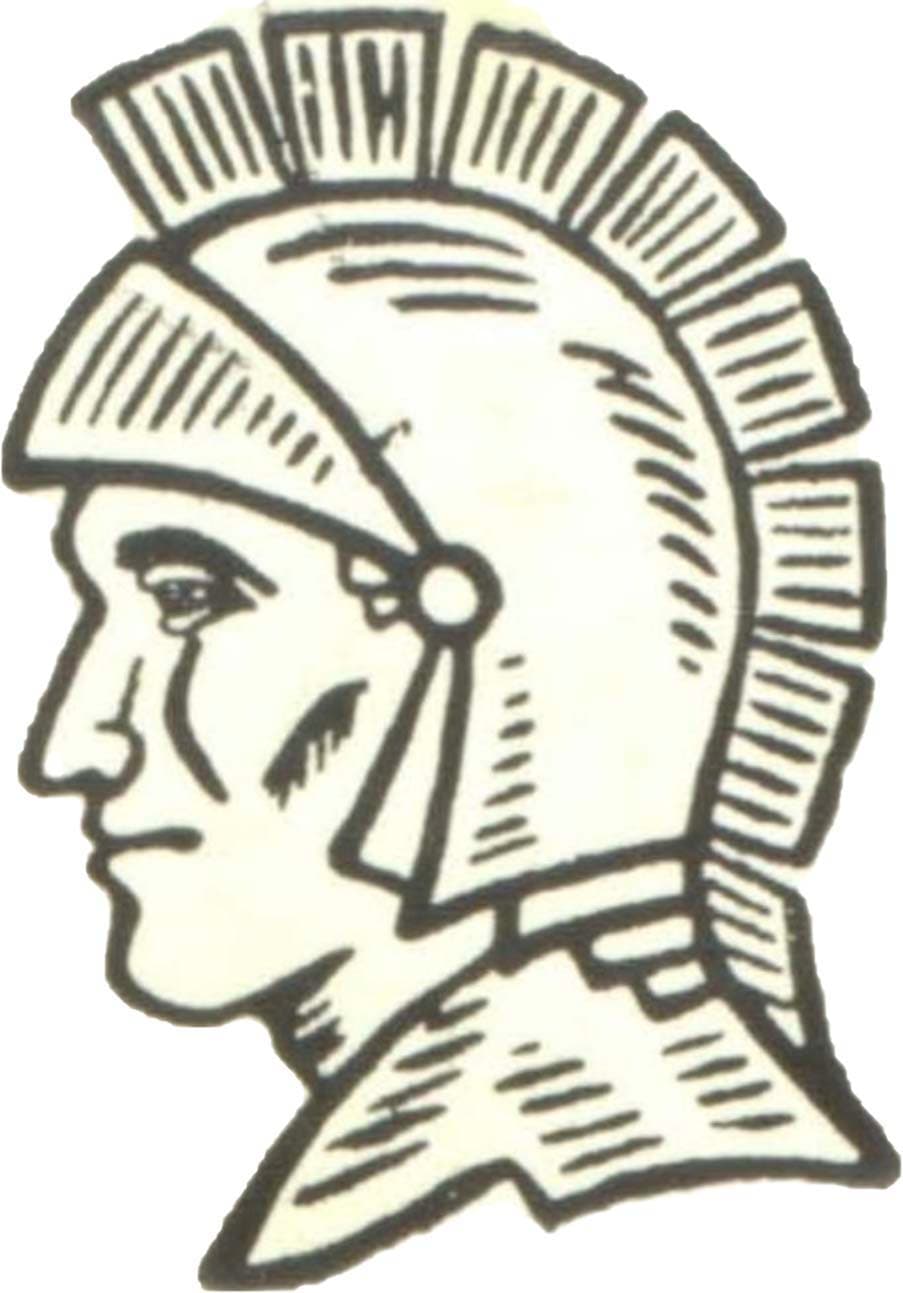Maroa-Forsyth School Archives
MF School Archives Policy
This document provides an overview of the basic principles and procedures governing the management of MF School Archives.
The Archive provides a permanent repository for the care and research of the collections based on sound archival management within available financial resources.
Scope of Collection
The school's collections include materials of widely differing form and content. The scope includes, but is not limited to, administrative records of the school itself dating from the late 1800s, records from rural schools, which, through conolidations in the mid-1940s, became part of the school district, private papers, school histories, maps, photographs, reference books, and assorted artifacts.Collection Development
The school seeks to develop its archival holdings and collections through a variety of means and according to different criteria. The archivist will actively seek out relevant materials which are at risk of loss, destruction or damage for inclusion in the school’s collection.The archivist may purchase and accept gifts and loans (for reproduction purposes) of materials which pertain to the Maroa-Forsyth School District and the Maroa community. Gifts are governed by a Deed of Gift in the case of larger collections, and by exchange of letters or emails, where possible, in the case of smaller collections.
An Accession Register will record all acquisitions after initial cataloguing is complete.
Disposal
The Archive retains the right to weed, return, transfer, or dispose of unwanted material and would normally identify such material in the process of accessioning or cataloguing (in the case of large collections). The school, through the archivist, retains the right to de-accession and transfer material when it can be more suitably used and accomodated elsewhere. This includes when:Collections Information
Compiling effective collections information with appropriate accompanying documentation procedures is essential for the effective management of the school’s collections. This information ensures that our collections are discoverable for users and trackable for security and in the event of a disaster. Current cataloguing initiatives aim to make information relating to collections available online, and where possible, digitize portions of older collections.Collection Care and Conservation
The Archives aims to preserve the collections in its care within their historic context – storing, handling, displaying and using items in such a way as to minimize damage and deterioration – thereby increasing long-term access by the school, community, and any other interested parties.Key elements relating to general practice are:
Packaging: in the case of archival collections which largely comprise loose paper, boxing is a pre-requisite for appropriate storage and handling. In the case of single items, boxing protects and facilitates access and security. Other forms of housing, such as foldering, are determined on a case by case basis.
Storage and Display: the Archives maintains stores which meet the required standard for collections storage, namely that storage is ‘clean, watertight, accessible and pest-free.’ Storage areas do not have environmental control but every attempt is made to ensure materials are adequately stored in preservation materials to increase material longevity.
The most cost-effective and satisfactory approach to the preservation of collections in the long term is to concentrate on preservation, defined as preventing damage and slowing down deterioration by employing appropriate collection care procedures. Prioritization for conservation is based on amount of use, physical condition of the material, historical significance and status of deposit and is at the discretion of the archivist.Collections Access
The school aims to enable the widest possible use of its Archives and special collections and to do so within a framework designed to preserve and protect the rare documents, photographs, and other materials. Students, faculty, and staff may access the Archives during the school day by setting up an appointment with the archivist or getting permission from the Pricinipal, Vice-Principal, or Superintent. Materials may not be removed from the Archive room.External researchers, including family, alumni, and other researchers will need to contact the school or the archivist to set up an appointment time. The appointment time will take into consideration school schedules and library usage by classes. External researchers will be required to complete any necessary steps to gain entry to the school and follow any school mandated visit requirement (i.e., wearing a mask, no firearms, signing in at the office). Private researchers, not connected with the school district, may be asked for a donation to cover costs and/or a copy of any resulting publication.
Access must be balanced against the need for conservation, care and security of the collections to ensure their long-term survival. Accordingly, the archivist may refuse any request for access that might jeopardize the long-term preservation of an item.
Historical items have been made available to the community for research and study purposes and to satisfy curiosity. Due to the nature of the colloquialisms, culture, attitude, and/or political climate of the various time periods represented, some content may be deemed “inappropriate" if viewed outside of its historical context. In addition, the newspapers, logos, branding, and other publication identifiers are the trademarks of the newspapers and other publishers. Our use of newspaper content contained in this archive in no way implies an affiliation with, or endorsement from, the publisher. Included photos have been identified from owner's notatations or through community members. If you believe there has been an error in identification of any materials, please email the Maroa-Forsyth School Archives.

1960 Yearbook